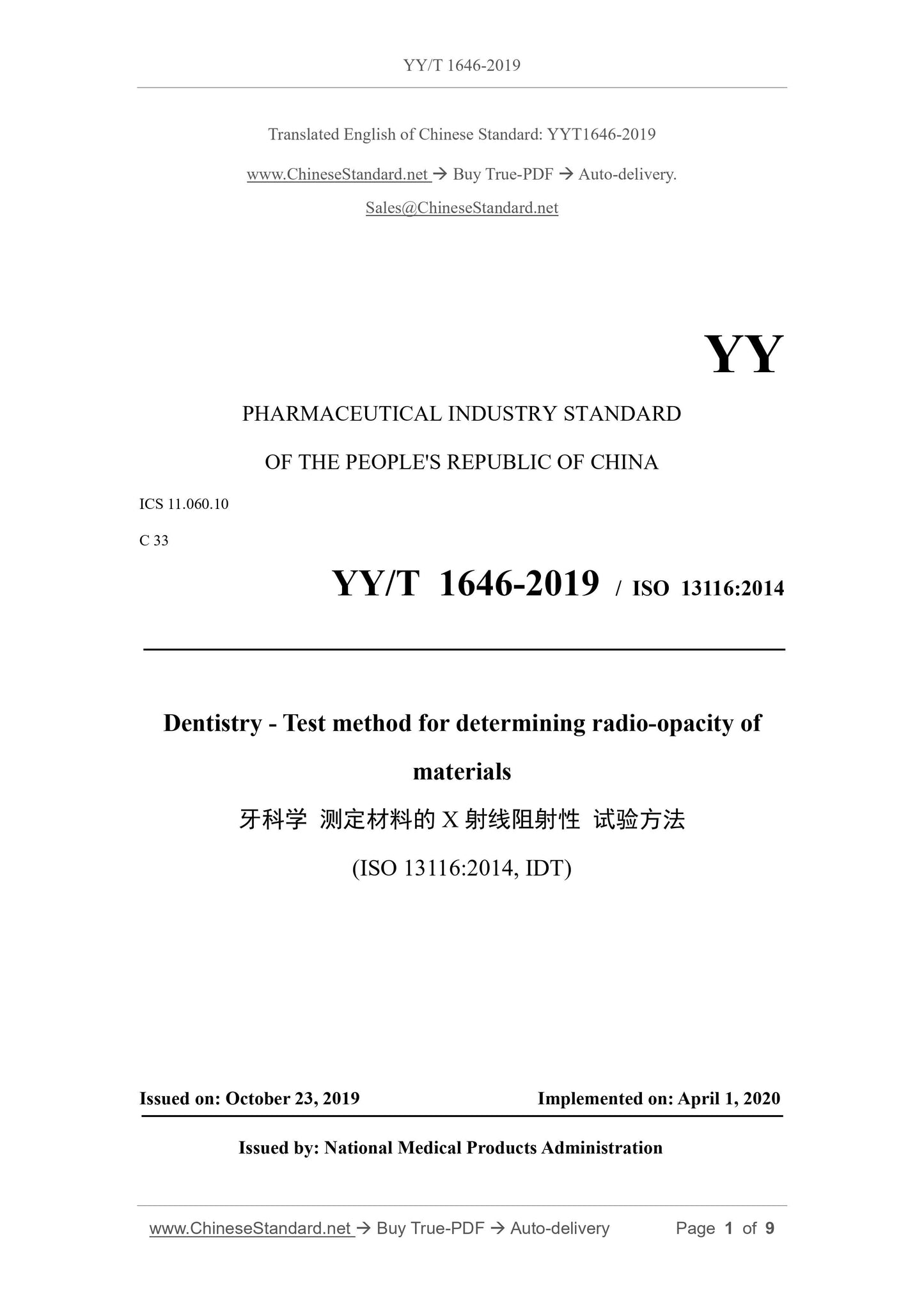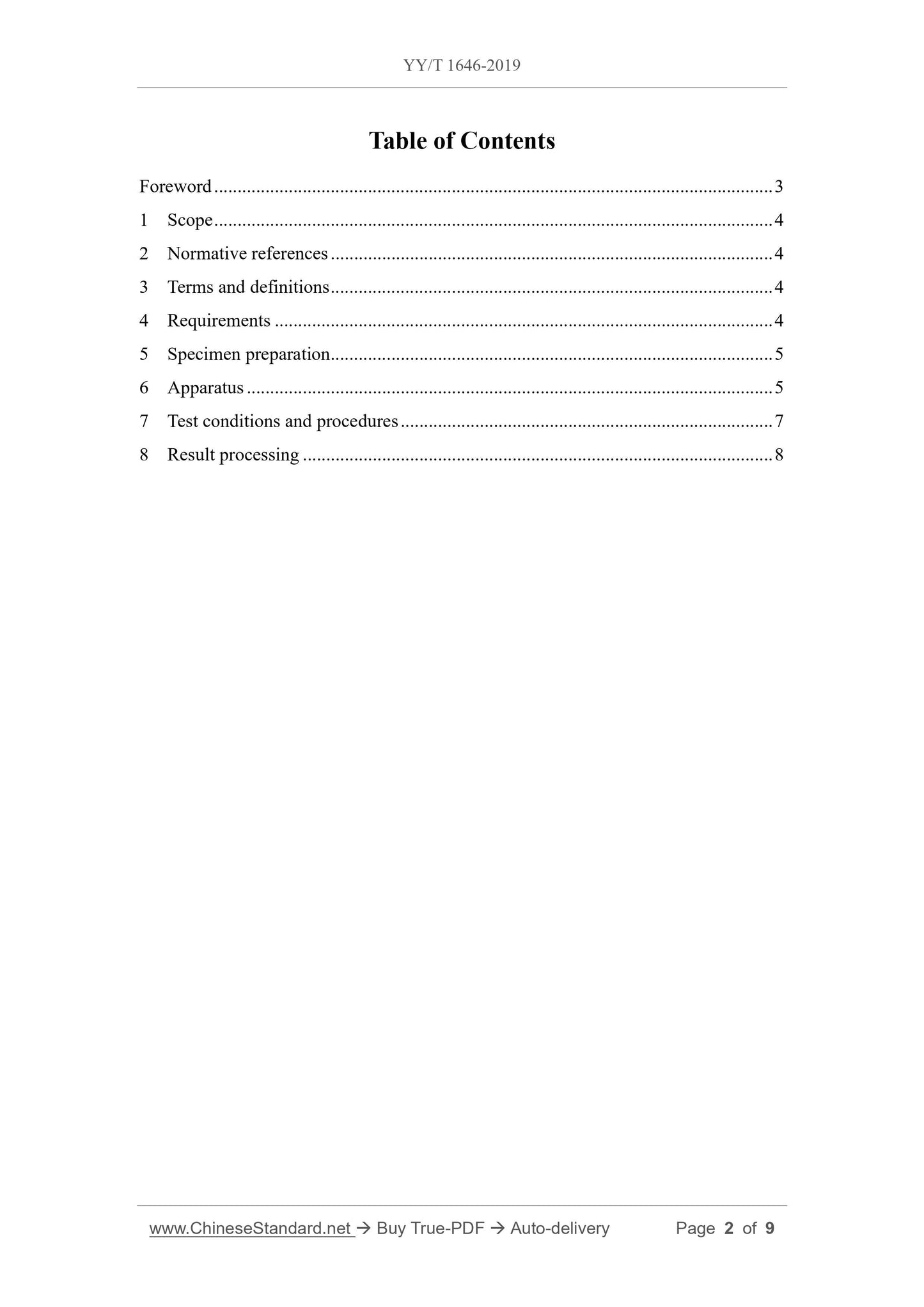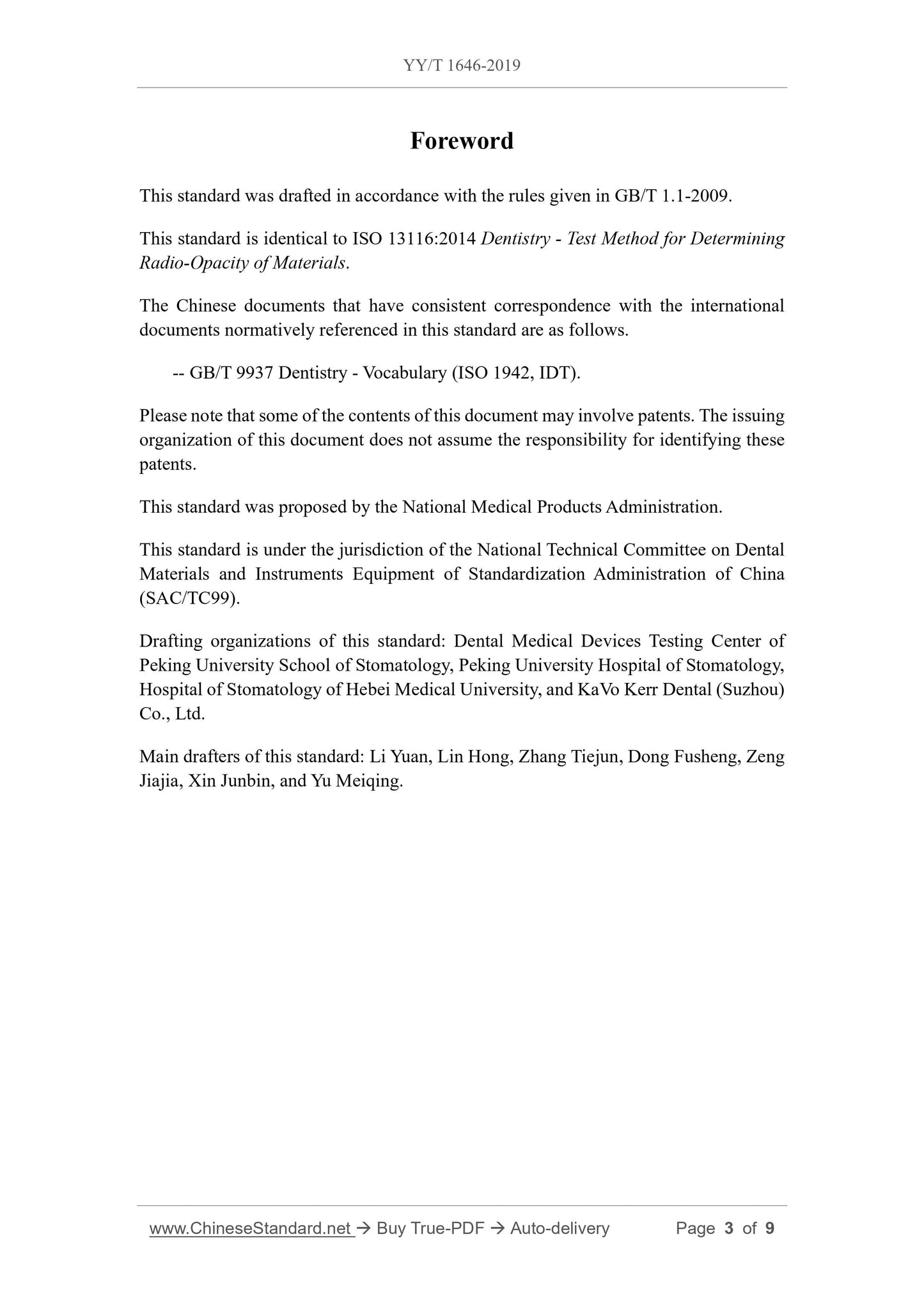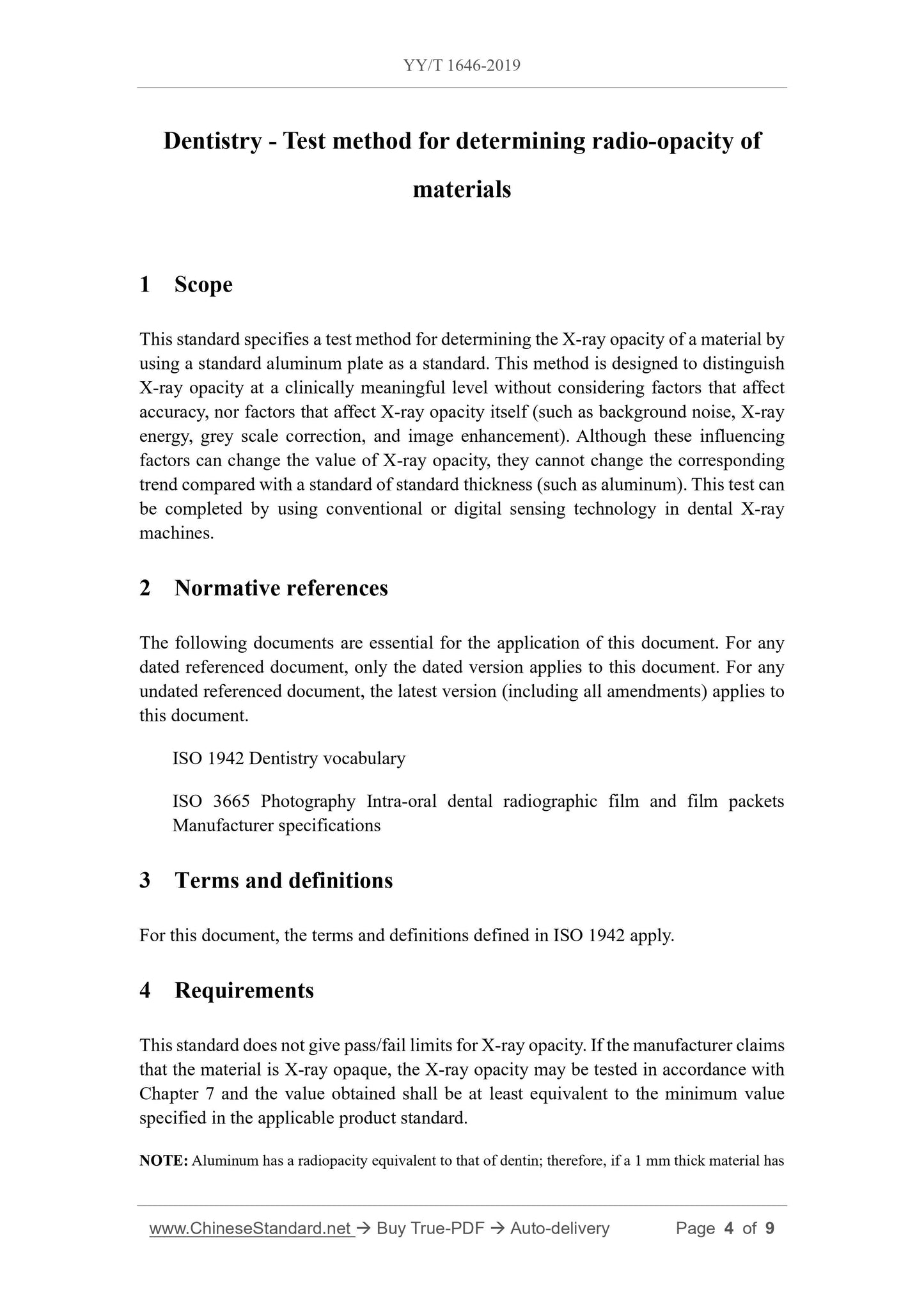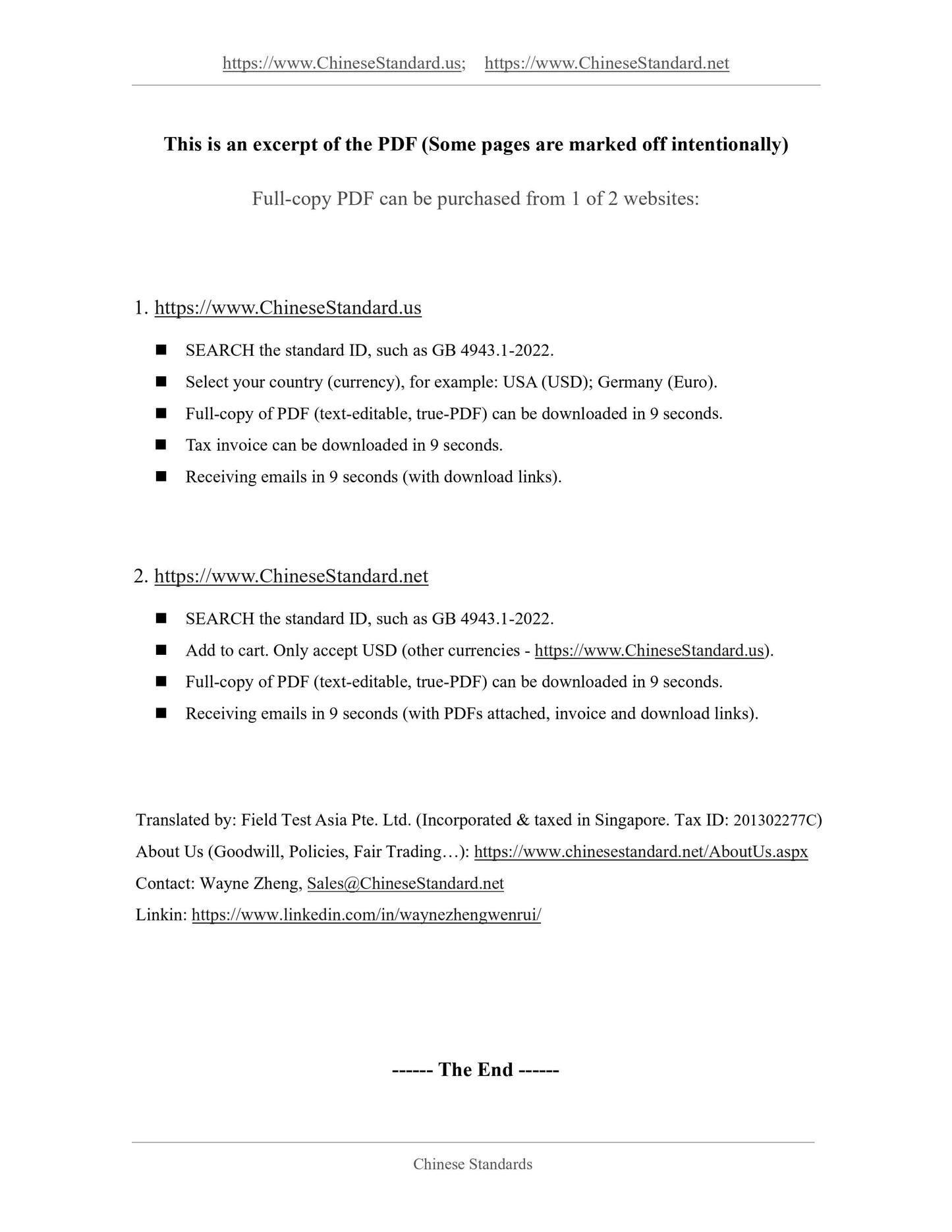1
/
of
5
www.ChineseStandard.us -- Field Test Asia Pte. Ltd.
YY/T 1646-2019 English PDF (YY/T1646-2019)
YY/T 1646-2019 English PDF (YY/T1646-2019)
Regular price
$110.00
Regular price
Sale price
$110.00
Unit price
/
per
Shipping calculated at checkout.
Couldn't load pickup availability
YY/T 1646-2019: Dentistry - Test method for determining radio-opacity of materials
Delivery: 9 seconds. Download (and Email) true-PDF + Invoice.Get Quotation: Click YY/T 1646-2019 (Self-service in 1-minute)
Newer / historical versions: YY/T 1646-2019
Preview True-PDF
Scope
This standard specifies a test method for determining the X-ray opacity of a material byusing a standard aluminum plate as a standard. This method is designed to distinguish
X-ray opacity at a clinically meaningful level without considering factors that affect
accuracy, nor factors that affect X-ray opacity itself (such as background noise, X-ray
energy, grey scale correction, and image enhancement). Although these influencing
factors can change the value of X-ray opacity, they cannot change the corresponding
trend compared with a standard of standard thickness (such as aluminum). This test can
be completed by using conventional or digital sensing technology in dental X-ray
machines.
Basic Data
| Standard ID | YY/T 1646-2019 (YY/T1646-2019) |
| Description (Translated English) | Dentistry - Test method for determining radio-opacity of materials |
| Sector / Industry | Medical Device and Pharmaceutical Industry Standard (Recommended) |
| Classification of Chinese Standard | C33 |
| Classification of International Standard | 11.060.10 |
| Word Count Estimation | 6,673 |
| Date of Issue | 2019 |
| Date of Implementation | 2020-04-01 |
| Issuing agency(ies) | State Drug Administration |
| Summary | This standard specifies a test method for determining the X-ray resistance of materials using a standard aluminum plate as a standard. This method is designed to discriminate between clinically meaningful levels of X-ray opacity, regardless of factors affecting accuracy, nor its own factors affecting X-ray opacity (such as background noise, X-ray energy, grayscale calibration and image enhancement). Although these influencing factors can change the value of the X-ray opacity, they cannot change the corresponding trend compared to a standard of standard thickness (eg aluminum). This test can be done by conventional or digital sensing techniques of dental X-ray machines. |
Share
